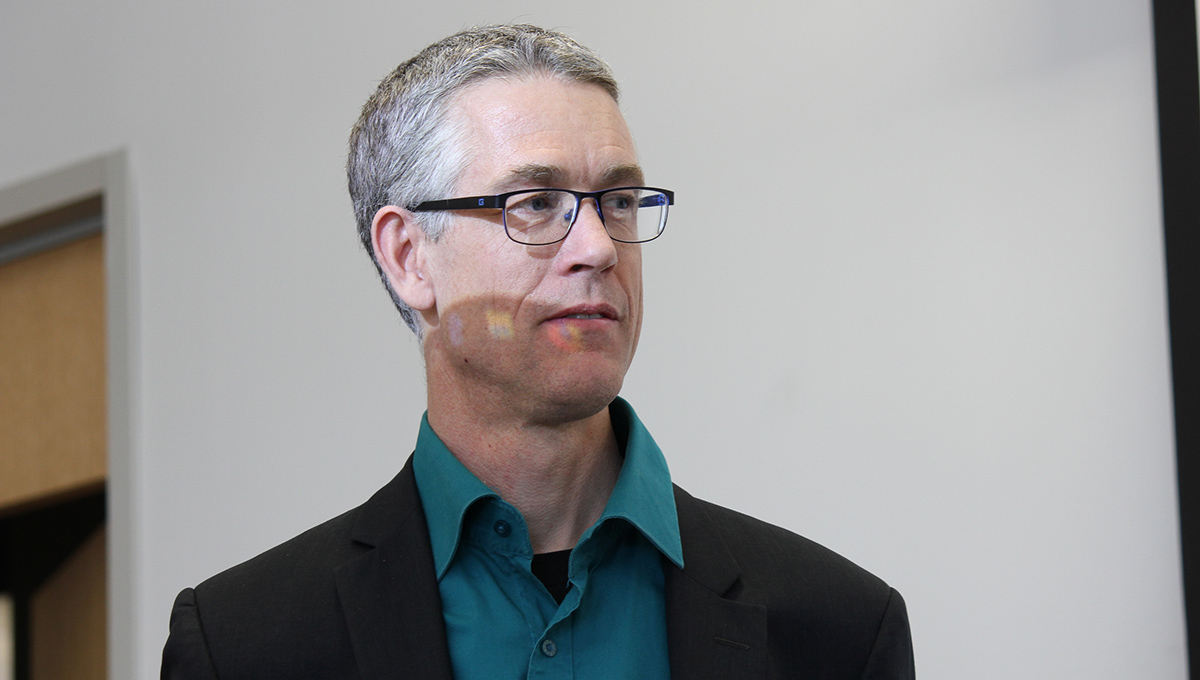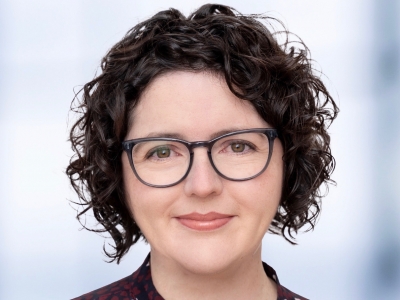By Tyrone Burke
To understand what is happening in the wider community, academic researchers need to be actively engaged with it.
“As social scientists, we try to interpret the world, and one great way to ensure that our interpretations are valid is to communicate with the people whose work we are trying to analyze,” says Peter Andrée, a professor of Political Science and the Principal Investigator for Community First: Impacts of Community Engagement (CFICE), a seven-year research initiative funded by the Social Sciences and Humanities Research Council.
“Those lines of communication need to be open. If a political scientist were to study policy, without talking to actors who work in that area, they will miss some of the nuances of why certain things matter—of how different ways of phrasing policy can make a real difference on the ground.”

CFICE wrapped up in 2019, but its legacy lives on through the Carleton Centre for Community Innovation (3Ci), a university research centre, and Community Campus Engage Canada (CCEC), an organization that’s building a pan-Canadian network for participants in community campus-partnerships. Hosted by Trent Centre for Community Based Education, CCEC is seeking to break down silos by building relationships across Canada’s regions and non-profit sectors.
Wednesday, March 3, 2021 in Department of Political Science, News
Share: Twitter, Facebook



